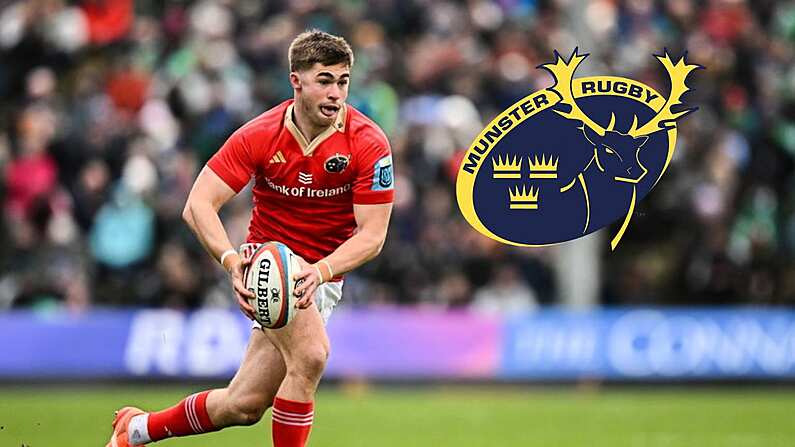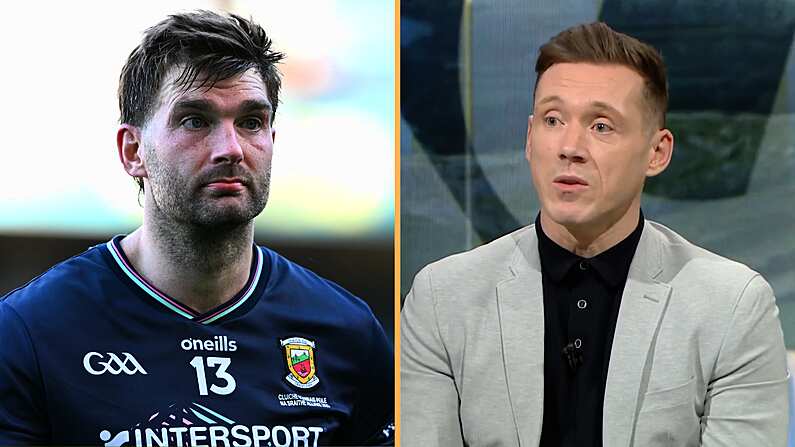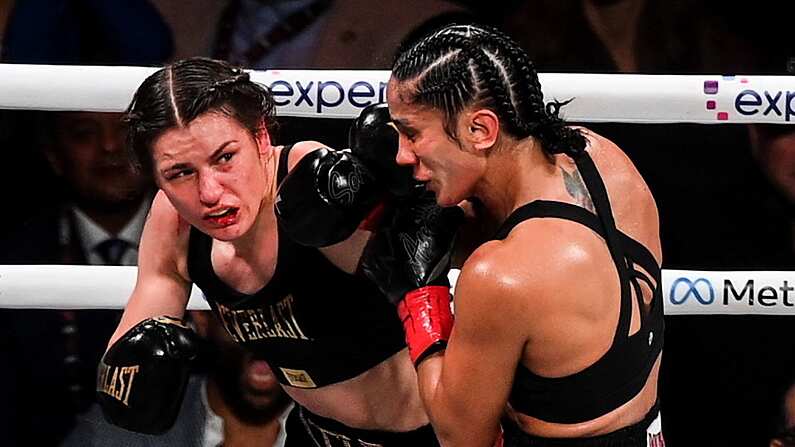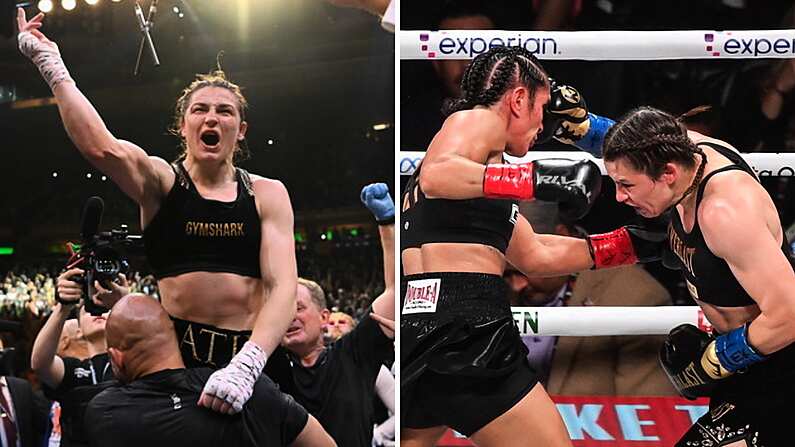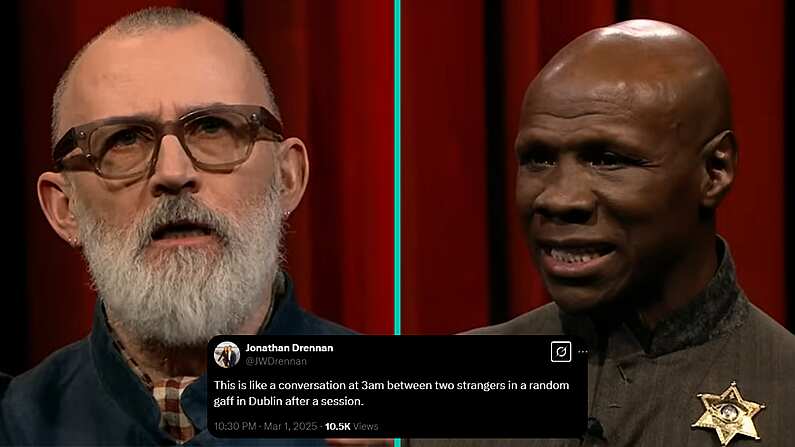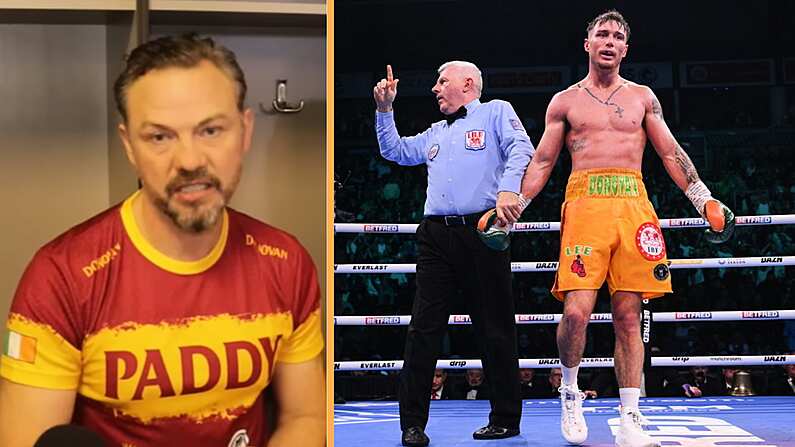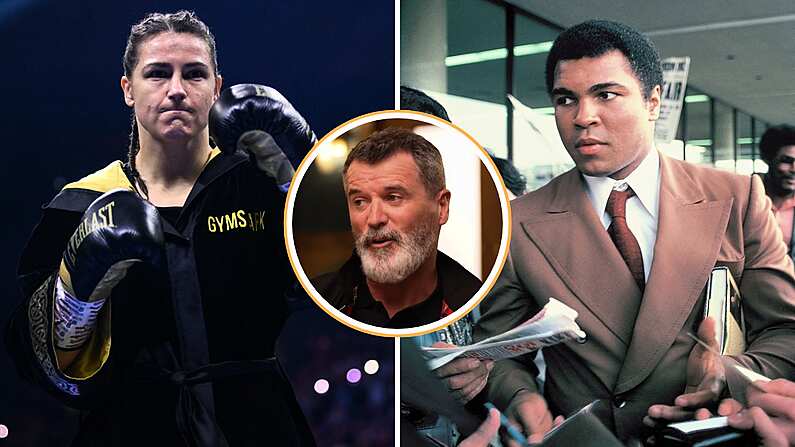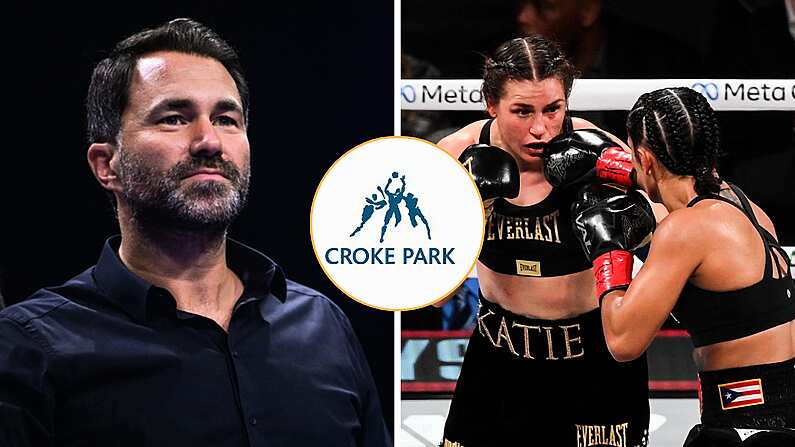World amateur boxing's governing body AIBA has released the results of its investigation into itself after the abomination that was boxing at Rio 2016.
Following Michael Conlan's now-iconic post-fight outburst and intense scrutiny from the global boxing public, AIBA were forced into action, making supposedly radical changes to its personnel and introducing two extra judges for future amateur tournaments.
The aforementioned investigation, so say AIBA, was ordered by its president Dr Ching-Kuo Wu "after a small number of decisions at Rio 2016 came under scrutiny and serious allegations were made against AIBA officials."
We can't imagine what they might be referring to there.
The statement is extraordinarily wordy - deceptively so, perhaps - and sees AIBA admitting that, structurally speaking, they were indeed rotten to the core, but that this "unwelcome axis of influence" bore no impact on the actual results of fights in Rio.
AIBA's statement, signed off by its president Dr Ching-Kuo Wu, says:
The key findings indicate that, due to a lack of proper procedural norms, a concentration of decision-making power and the assigning of roles assumed by former senior management that had a detrimental impact on in-competition best practice. Whilst the Special Investigation found no active interference in the results, AIBA moved quickly to identify those involved and took the necessary steps to ensure its officials will no longer become scapegoats for close decisions which are an inherent aspect of the sport.
AIBA defends the integrity of its expert R&Js who operate in difficult, subjective circumstances, but we have shown that we are also not afraid of making difficult decisions for the good of boxing. An unwelcome axis of influence and sole decision-making had been created and used by former Senior Management that led to a lack of due process being carried out. We moved immediately to re-empower our commissions and use their expertise in order to decentralise the decision-making and re-establish our procedures.
Whilst there is no evidence that this had a direct influence on results in Rio, if best practice is not followed 100% of the time by our officials and R&Js, that is unacceptable. The SIC have conducted a thorough investigation and many of their recommendations, including the disbanding of the 5-star R&J structure and placing control of the FOP back in the hands of the Tournament Supervisor, have already been put into place. These actions will ensure even greater consistency and transparency in our officiating as we head into the new Olympic Cycle.
Dr. Wu wasn't finished there, though. Not by a long shot.
He also alluded to an 'atmosphere of collusion' between senior AIBA figures and its most heralded in-ring officials - also known as 'The Magnificent Seven'.
But, while lobbing that grenade, he also suggested that the organisation had become 'a scapegoat' for unpopular decisions, and announced AIBA's intent to 'educate' countries and fighters as to the scoring system in future years.
Following the removal of these mechanisms that threatened the integrity of the organisation, the SIC also found unprofessional relationships within AIBA had created an atmosphere of collusion between senior management and the Five-Star R&Js that undermined the organisation and had a negative impact on its operating efficiency.
In order to move forward, and to prevent AIBA becoming a scapegoat for unpopular decisions in the future, a broad education programme will be undertaken involving boxers, coaches, officials and fans alike, to instil a greater understanding of scoring and give a strong reminder of the importance of sportsmanship, respect and fair play values.
Again, we can't imagine who or what he means there.
Finally, AIBA admitted that they're exploring the possibility of introducing an appeals system in future Olympic Games, but stressed that the reallocation of medals was not necessary following their investigation.
There is no evidence that the reallocation of medal rankings is required for Rio 2016, but AIBA will be researching the feasibility of processes for the appeal of decisions in the future.
That, of course, is absolute horse product, as anybody who watched Russia's Evgeny Tishchenko 'beat' Kazakh Vasily Levit in the Olympic heavyweight final will know too well.


